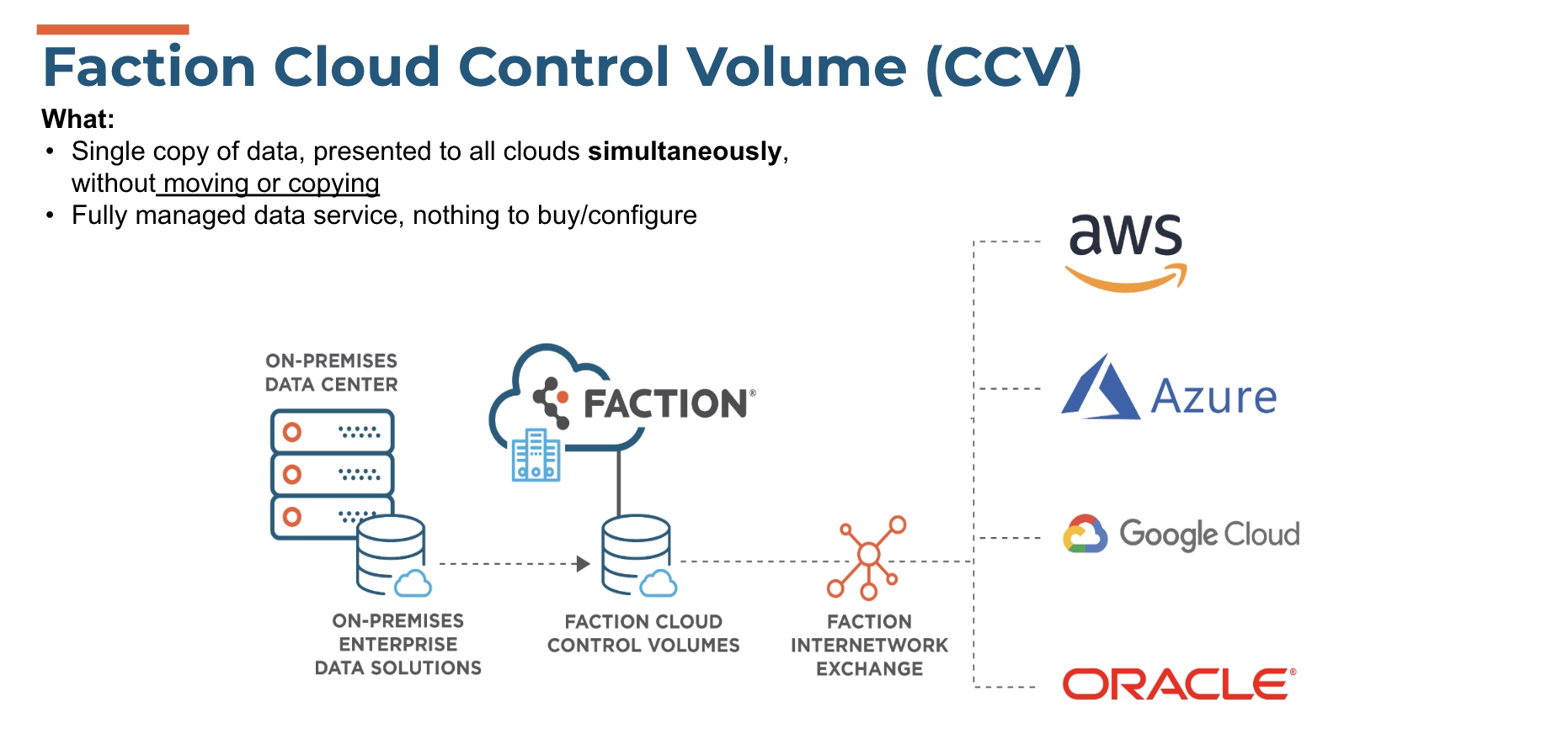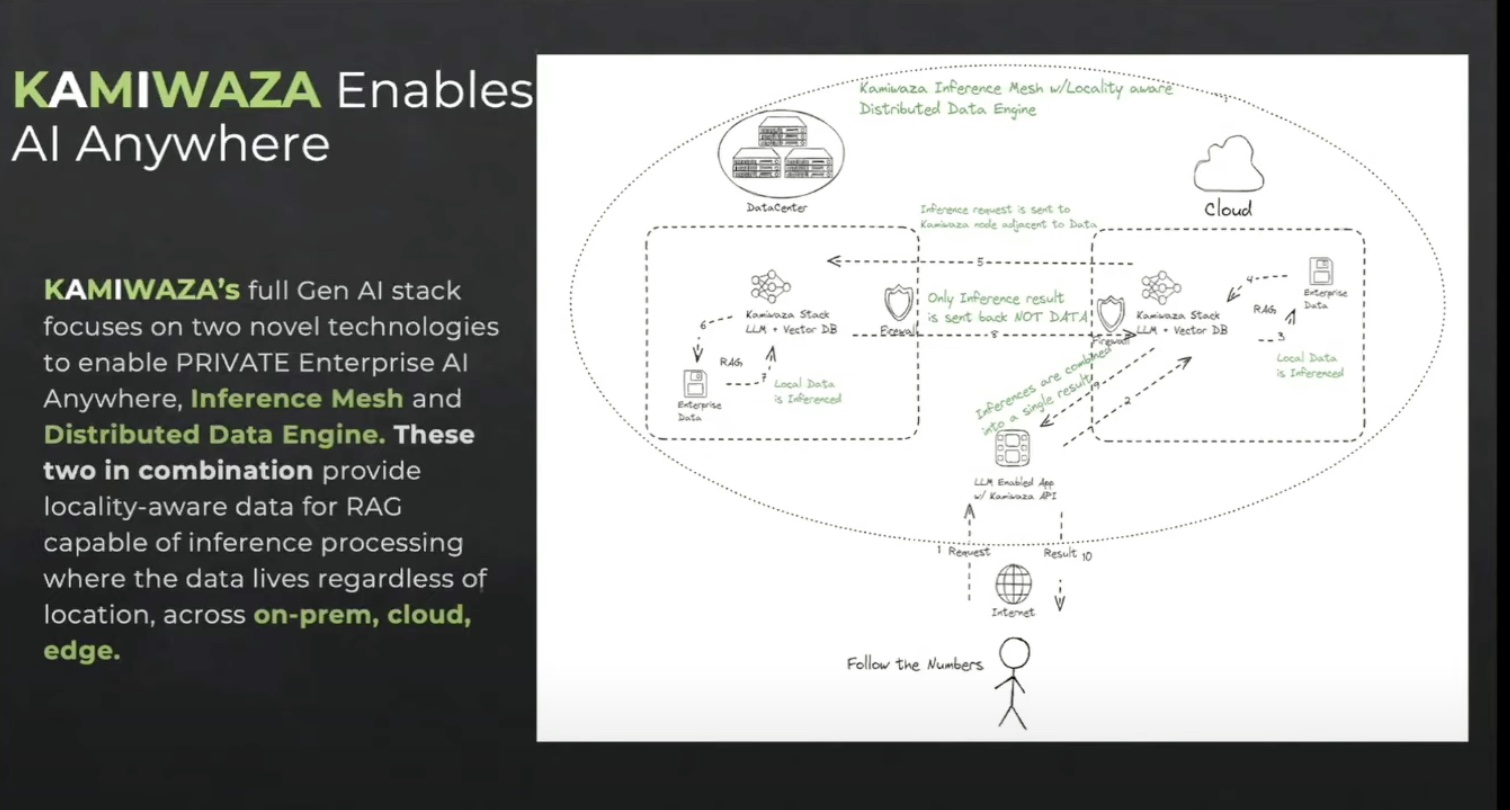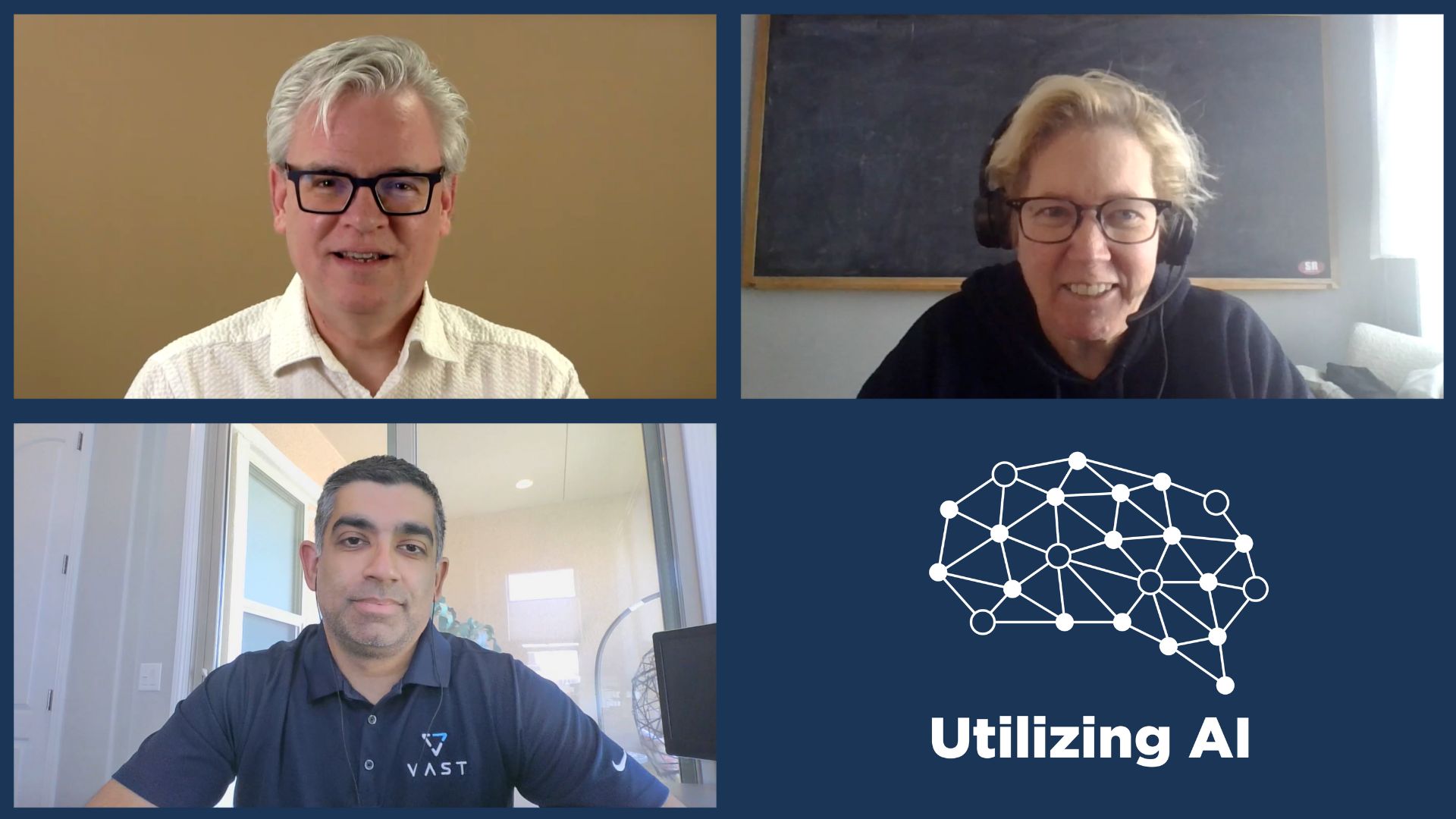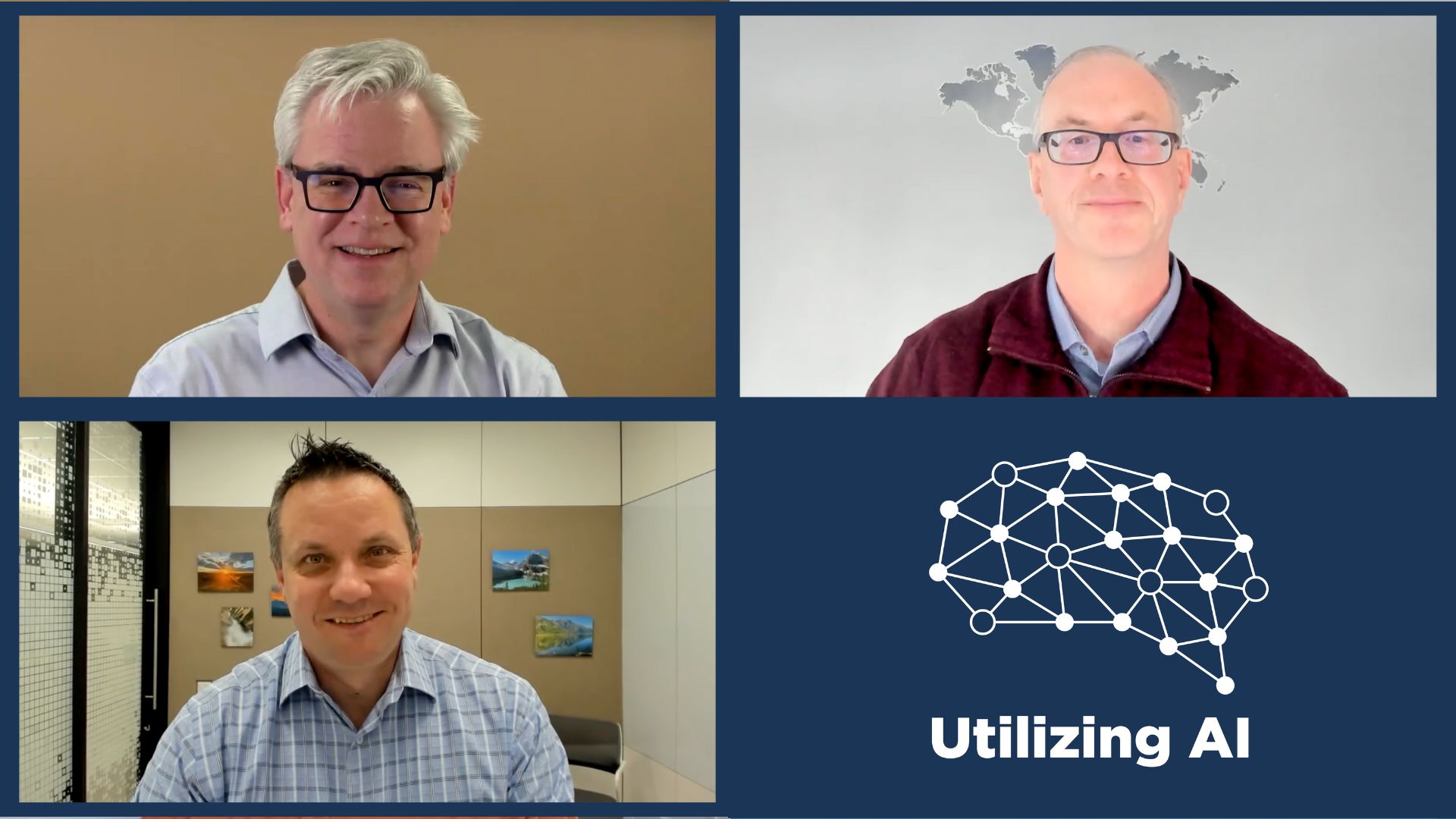As we consider the impact of AI on modern applications, we should consider the ways that this technology will improve these products. This episode of Utilizing Tech brings Matthew Wallace, CTO of Kamiwaza AI, to discuss the adoption of AI in application development with Allyson Klein and Stephen Foskett. Large SaaS providers were the first to add AI-powered features but this technology is rapidly coming to market across the spectrum of applications. Matthew likens this to the evolution from spreadsheets to SaaS tools and cloud, which was a similar revolution. He mentions tools like ?, Cursor, Llama2, Mixtral, and more. We also discuss retrieval-automated generation (RAG), which enables LLMs to bring in external data at run time. We must also consider the source of the data, both in training and RAG, and questions of sovereignty, privacy, copyright, and safety. Looking forward, Matthew expects companies to customize their own models based on use case specific data. Looking forward, we expect new frameworks and models to be adopted rapidly to bring maturity and reliability to AI in enterprise applications throughout 2024.
Apple Podcasts | Spotify | Overcast | Audio | UtilizingTech.com
Adoption of AI in App Development
AI has spurred a gold rush across economies. Companies are moving fast with internalizing the technology in all corners of business. A spectrum of well-qualified use cases is giving adoption momentum.
One of the areas where AI has found a permanent place is app development. For this episode of Utilizing AI Podcast, co-hosts, Stephen Foskett and Allyson Klein, meet with Co-Founder and CTO of Kamiwaza, Matthew Wallace, to talk AI adoption, and its growing use in app development.
Wallace describes himself as “an early drinker of the AI Kool-Aid”. Much before adoption took off with the launch of ChatGPT, Kamiwaza has been tinkering with AI, building a full-stack solution that provides unlimited AI scalability.
AI Adoption, Now and in the Future
AI is leaping ahead, but rapid adoption is still not a reality for enterprises. Many early adopters are seen deploying it gingerly in limited business areas before going all in.
A lot of the companies that are dabbling in AI are actually experimenting with it, with only a small percentage adopting it widely in the business. “There’s a bell curve of adoption with AI same as with any leading technology,” says Wallace, “but it is still quite nascent, and most companies are in the experimental phase.”
Commenting on how companies are going to make the most out of their AI investments, and at what scale we will see the technology get deployed, going forward, he says, “It’s hard to imagine how pervasive it’s going to be. It’s hard to go back to the time when we did bookkeeping on a physical ledger. The pre-generative AI world will someday look very much like that.”
The gamut of use cases that AI powers today is spectacular. “GenAI touches so many different use cases, from coding assistance to advanced marketing to copywriting,” he says.
But a lot more is on the horizon. “This is going to a place where we actually automate a whole lot of communication, thinking and processing, to put the world of information at your fingertips,” he predicts.
As companies expand their use of AI in 2024, the industry will see a flurry of activities around innovation. While on one hand, efforts are being made to supercharge existing tooling with it, on the other hand, new tools will be rolled out to perform new work.
“You’ll see people getting excited across enterprises, and they’ll put their own spin on the technology. They’ll get it deployed and there will be evolution, but it’ll hit many different areas at different paces.”
Depending on where they are in their AI journey, organizations will reach maturity at different times. “It’s hard to say both when that starts and when those different things land because it’s really up to the individuals that are working on them, but I think you’re going to see a much more scattershot adoption to get to the final state, if there’s a final state,” he comments.
Nevertheless, Wallace is optimistic about the future. “I am a firm believer that AI going to touch almost everything that we do. It’s hard to say in how many years, but it’s going to be pervasive. I’m definitely recommending that everybody really jump in with both feet because the time to learn about it is now,” he says enthusiastically.
Generative AI in the Field of App Development
AI breakthroughs in the developer’s space has precipitated significant shifts. Of late, there has been a shockingly large adoption of tools like Microsoft and GitHub Copilots in development workflows.
The biggest driver for that is tools like these can perform role-specific specialized tasks that can yield massive time and cost savings. “These are fantastic tools and I have no qualms in saying that I feel that the set of AI tools that I use day-to-day truly makes me about 10 times, if not more, as productive as I was before,” Wallace says.
Boosting productivity and eliminating errors have been two of AI’s biggest accomplishments, but it is still a long way away from being completely self-driven, where developers can step away from their desks, leaving AI to independently take over intricate actions, cognitively auto-completing processes without guidance.
There is also a prevailing lack of understanding around data sovereignty. It is a pressing issue that organizations are trying to get their arms around. Governments around the world are enforcing rules and regulations to help countries better adapt AI.
“As you start to get into use cases where you have information that’s all over the enterprise, there’re different rules, access controls, and security levels, sometimes in different countries. Different regulatory regimes apply to it. Those become very large challenges.”
Restrictions like these, while being pivotal on one hand, also tend to labor adoption.
Today, just one small impromptu change made from one corner of the world can bring down the entire model. Through its solution, Kamiwaza offers the much-needed operational stability that affords companies to deploy private GenAI smoothly. This is to ensure that professionals can work with private data across locations confidently and in a risk-free manner, without losing sleep over regional restrictions.
As companies embrace private AI, fine-tuning of pre-trained models is going to become prevalent. “Fine tuning for specific use cases makes models almost superhumanly good, and so you can actually surpass something like GPT4 when you’re training a model on a specific use case,” says Wallace.
For smaller companies, fine-tuning is an opportunity to have tight control over model behavior while performing cheaper inference at a large scale. “We want to see enterprises running trillions of inference calls so that we could just automate all the kind of crowd work of our day, and get on doing bigger, better and more powerful things.”
As AI becomes mainstay, organizations will meet many curveballs and surprises. But if there is one thing that is certain, it is that “AI seems to be the tsunami that will wash us over,” Wallace concludes.
Head over to Kamiwaza’s website, or check out Kamiwaza’s presentation with Intel from the AI Field Day event, to learn about their fully-opinionated GenAI stack. Also listen to Wallace’s podcast – AI Everyday – for more conversations on AI. For more stats on AI, be sure to check out The Futurum Group’s research reports on AI.
Podcast Information
Stephen Foskett is the Organizer of the Tech Field Day Event Series, now part of The Futurum Group. Connect with Stephen on LinkedIn or on X/Twitter.
Allyson Klein, Global Marketing and Communications Leader and Founder of The Tech Arena. You can connect with Allyson on Twitter or LinkedIn. Find out more information on the Tech Arena website.
Matthew Wallace is the Cofounder and CTO at KamiwazaAI. You can connect with Matthew on LinkedIn and learn more about KamiwazaAI and their AI efforts on their website.
Thank you for listening to Utilizing AI, part of the Utilizing Tech podcast series. If you enjoyed this discussion, please subscribe in your favorite podcast application and consider leaving us a rating and a nice review on Apple Podcasts or Spotify. This podcast was brought to you by Tech Field Day, now part of The Futurum Group. For show notes and more episodes, head to our dedicated Utilizing Tech Website or find us on X/Twitter and Mastodon at Utilizing Tech.




